What Happens If One Partner Relapses in Couples Rehab?
When you’ve both committed to couples rehab, the last thing you expect is for one partner to relapse during treatment. Yet this scenario happens more often than many couples realize, and it doesn’t have to spell the end of your recovery journey together. Understanding what happens if one partner relapses in couples rehab can help you navigate this challenging situation with hope and practical strategies.
The moment you discover your partner has relapsed can feel devastating. You might wonder if all the progress you’ve made together has been lost, or whether your relationship can survive this setback. The truth is, partner relapse during couples addiction treatment is a complex situation that requires immediate attention, but it’s absolutely manageable with the right approach and professional support.
Understanding Partner Relapse in Couples Treatment Settings
Partner relapse in couples rehab differs significantly from individual relapse scenarios. When you’re both working toward recovery together, one person’s relapse affects the entire dynamic of your treatment process. This interconnected nature of couples addiction recovery means that what happens to one partner inevitably impacts the other, creating unique challenges that require specialized intervention.
Research shows that couples who attend treatment together have higher success rates than those who pursue individual treatment alone. However, this doesn’t mean that spouse relapse after couples therapy is uncommon. In fact, studies indicate that 40-60% of individuals in recovery experience at least one relapse, and this statistic doesn’t change dramatically in couples treatment settings.
The key difference lies in how couples rehab programs are equipped to handle these situations. Unlike individual treatment programs, couples-focused facilities have protocols specifically designed to address partner relapse while protecting both individuals’ recovery progress. This specialized approach recognizes that relationship recovery after relapse requires different strategies than individual recovery.
Emotional and Psychological Responses to Partner Relapse
When your partner relapses during couples treatment, you’ll likely experience a complex range of emotions. Anger, disappointment, fear, and even guilt are all normal responses. You might blame yourself, wondering what you could have done differently, or feel betrayed by your partner’s actions.
These emotional responses are valid, but they can also become barriers to effective recovery if not properly addressed. Many non-relapsing partners experience what therapists call “secondary trauma” – the emotional impact of witnessing their loved one’s struggle with addiction.
The Immediate Impact: What Actually Happens When One Partner Relapses
So what to do when partner relapses in recovery? The immediate response typically involves several coordinated steps designed to ensure both partners’ safety and continued progress toward recovery. First, the treatment team will assess the safety of both individuals, evaluating whether the relapsing partner needs medical intervention and how the relapse might affect ongoing treatment protocols.
The clinical team then implements a “relapse response protocol.” This isn’t about punishment or shame – it’s about quickly stabilizing the situation and getting both partners back on track. The relapsing partner may need to return to a higher level of care temporarily, while the non-relapsing partner continues with their modified treatment plan.
During this critical period, couples therapy sessions will likely be temporarily modified. Instead of focusing on relationship dynamics, the immediate priority becomes crisis management and individual stabilization. This doesn’t mean your couples work stops entirely – rather, it’s temporarily redirected to address the current crisis while maintaining the foundation you’ve built together.
Clinical Protocols for Addressing Relapse in Joint Treatment
Treatment centers that specialize in couples addiction recovery have specific protocols for handling partner relapse situations. The first 24-48 hours are crucial. The treatment team conducts individual assessments with both partners to understand the circumstances surrounding the relapse, evaluate current mental health status, and determine the most appropriate level of care moving forward.
Communication protocols are also established during this period. The treatment team facilitates structured conversations between partners, ensuring that both individuals can express their feelings and concerns in a safe, therapeutic environment. These conversations are carefully guided to prevent blame, shame, or further emotional damage.
How Couples Rehab Programs Handle Partner Relapse Situations
Professional couples rehab programs understand that relapse is often part of the recovery process, not a failure of treatment. When one partner experiences a setback, these programs have sophisticated systems in place to address the situation while maintaining progress for both individuals.
The approach typically involves “parallel processing” – simultaneously addressing the immediate needs of the relapsing partner while supporting the non-relapsing partner through this crisis. This might mean the relapsing partner returns to individual intensive treatment while the other partner continues with individual therapy and support groups designed specifically for people whose partners have relapsed.
Couples Rehabs specializes in exactly these types of complex situations. Our evidence-based therapy approaches for couples include comprehensive relapse response protocols that have been refined through years of clinical experience. We understand that supporting spouse through addiction relapse requires specialized skills and a deep understanding of relationship dynamics in recovery.
Evidence-Based Approaches: Continuing Behavioral Couples Therapy After Relapse
Behavioral couples therapy after relapse follows specific evidence-based protocols that have been proven effective in clinical settings. Research demonstrates that couples who continue with modified therapy approaches after a partner’s relapse have significantly better long-term outcomes than those who discontinue treatment.
The therapeutic approach shifts during this period to focus on several key areas. First, there’s intensive work on understanding the relapse triggers and developing more effective coping strategies. Second, the therapy focuses on rebuilding trust and communication. Trust rebuilding after spouse relapses is a gradual process that requires patience, consistency, and professional guidance.
Cognitive Behavioral Therapy (CBT) techniques are particularly effective during this phase. CBT helps both partners identify negative thought patterns that might contribute to relapse risk or relationship conflict. Dialectical Behavior Therapy (DBT) skills are also frequently incorporated, particularly for managing intense emotions and improving distress tolerance.
The Role of Individual Therapy Within Couples Treatment
During the relapse recovery phase, individual therapy becomes even more critical. Both partners need space to process their experiences independently before they can effectively work together as a couple. The relapsing partner typically needs intensive individual work to understand their relapse triggers and develop stronger coping mechanisms.
Meanwhile, the non-relapsing partner benefits from individual therapy focused on managing their own emotional responses, avoiding codependent behaviors, and maintaining their personal recovery goals.

Supporting Your Spouse Through Addiction Relapse: A Step-by-Step Guide
Learning how to help partner get back into couples treatment requires understanding both what to do and what to avoid. The immediate period following a relapse is emotionally charged, and well-meaning responses can sometimes hinder rather than help the recovery process.
Immediate Response Steps: First, ensure immediate safety. If your partner has used substances, assess whether they need medical attention. Once safety is established, contact your treatment team immediately. Avoid confrontational conversations during the first 24-48 hours after a relapse.
Ongoing Support Strategies: Supporting your partner through relapse recovery is a marathon, not a sprint. Focus on consistency rather than intensity. Small, regular gestures of support are often more effective than grand gestures that can’t be sustained over time. Maintain your own self-care routine religiously – you can’t effectively support your partner’s recovery if you’re not taking care of your own needs.
Codependency Concerns During Partner Relapse Recovery
Codependency during partner relapse is a significant concern that many couples face. The instinct to “fix” or control your partner’s recovery can actually impede their progress and damage your own wellbeing. Understanding the difference between support and enabling is crucial during this period.
Healthy support involves encouraging your partner to take responsibility for their recovery, celebrating their efforts, and maintaining appropriate boundaries. Enabling involves making excuses for your partner’s behavior, removing natural consequences of their choices, or sacrificing your own recovery to focus on theirs.
Couples Rehab Relapse Prevention Plan: Building Stronger Foundations
Creating a comprehensive couples rehab relapse prevention plan involves more than just individual relapse prevention – it requires understanding how your relationship dynamics either support or threaten ongoing recovery. This collaborative approach to prevention has been shown to be more effective than individual prevention strategies alone.
The prevention plan typically includes identifying shared triggers and developing joint coping strategies. Communication protocols are another crucial component. Many couples discover that poor communication patterns contribute to relapse risk. The prevention plan includes specific guidelines for how to discuss difficult topics and when to seek professional support.
Creating a New Couples Relapse Prevention Strategy
After experiencing a partner relapse, your original prevention strategy probably needs updating. This revision process is an opportunity to strengthen your approach based on what you’ve learned from the relapse experience.
The new strategy should address whatever factors contributed to the recent relapse while building on the strengths and successes you’ve experienced as a couple. Environmental modifications are often necessary, and the key is making these changes collaboratively.
Trust Rebuilding After Spouse Relapses: The Path Forward
Trust rebuilding after spouse relapses is perhaps one of the most challenging aspects of continuing couples recovery. Trust rebuilding happens in stages, and it’s important to have realistic expectations about the timeline.
The first stage involves the relapsing partner taking full responsibility for their actions and demonstrating genuine commitment to change. The second stage involves the non-relapsing partner gradually allowing themselves to be vulnerable again while maintaining appropriate boundaries.
Couples therapy plays a crucial role during this process by providing a safe space to process feelings, establish new agreements, and practice improved communication skills.
Success Rates and Long-Term Outcomes for Couples After Partner Relapse
Understanding couples rehab success rates after partner relapse can provide hope and realistic expectations for your recovery journey. Research indicates that couples who continue treatment after experiencing relapse actually have similar long-term success rates to those who don’t experience relapse, provided they remain engaged in treatment.
A comprehensive study found that couples who experienced relapse but continued with behavioral couples therapy had a 67% success rate at 12-month follow-up, compared to 71% for couples who didn’t experience relapse. The key factors that influence success include continued engagement in treatment, willingness to modify treatment approaches, strong support systems, and realistic expectations about the recovery timeline.
When to Continue vs. Restart Treatment: Professional Guidance
Deciding whether to continue couples therapy when one partner drinks again or restart treatment entirely depends on several factors that should be evaluated with professional guidance. The severity of the relapse, the circumstances surrounding it, and both partners’ emotional readiness all play important roles in this decision.
Continuing treatment is often appropriate when the relapse was brief, both partners remain committed to recovery, and the underlying relationship work has been progressing well. Restarting treatment might be necessary if the relapse was severe or if either partner feels unsafe continuing together.
Frequently Asked Questions About Partner Relapse in Couples Rehab
Can couples therapy continue if one partner relapses during treatment? Yes, couples therapy can continue, though it will likely be modified temporarily. The focus shifts to crisis management and individual stabilization before gradually returning to relationship work.
How common is relapse during couples rehab programs? Relapse affects 40-60% of individuals in recovery, and this rate doesn’t significantly change in couples programs. However, couples who continue treatment after relapse have success rates comparable to those who don’t experience relapse.
What should I do immediately when my partner relapses in recovery? Ensure immediate safety first, then contact your treatment team. Avoid confrontational conversations in the first 24-48 hours. Focus on getting professional support rather than trying to handle the situation independently.
Will my partner’s relapse affect my own recovery progress? Your partner’s relapse can trigger emotional responses that challenge your recovery, but it doesn’t have to derail your progress. Individual therapy and support during this period are crucial for maintaining your own recovery momentum.
How do treatment centers handle partner relapse in couples programs? Professional couples rehab programs have specific protocols including immediate safety assessment, individual evaluation of both partners, modified treatment plans, and gradual reintegration into couples work.
Can a relationship survive multiple relapses during couples therapy? Yes, many relationships not only survive but become stronger after working through multiple relapses. The key is continued professional support, commitment to treatment, and realistic expectations.
What are the warning signs that my partner might relapse during treatment? Warning signs include withdrawal from treatment activities, secretive behavior, mood changes, abandoning self-care routines, and expressing doubt about recovery.
Should we restart couples rehab from the beginning after a relapse? This depends on individual circumstances and should be decided with professional guidance. Factors include the severity of relapse, both partners’ safety and readiness, and the quality of previous therapeutic work.
How can I support my partner without enabling their addiction after relapse? Focus on supporting their recovery efforts rather than protecting them from consequences. Encourage treatment compliance, maintain healthy boundaries, and avoid making excuses for their behavior.
What’s the success rate for couples who experience relapse during treatment? Studies show 67% success rates at 12-month follow-up for couples who continue treatment after relapse, compared to 71% for those without relapse – a statistically insignificant difference when treatment continues.
Experiencing partner relapse during couples rehab is undoubtedly challenging, but it doesn’t mean your recovery journey is over. With proper professional support, evidence-based treatment approaches, and commitment from both partners, couples can not only recover from this setback but often emerge with stronger relationships and more effective recovery strategies.
At Couples Rehabs, we understand the unique complexities of partner relapse in couples treatment. Our specialized programs are designed to support couples through these exact challenges, providing the expertise and compassionate care needed to navigate this difficult period successfully. We offer comprehensive couples addiction treatment with proven protocols for handling relapse situations while maintaining progress toward lasting recovery.
If you’re facing this situation, remember that seeking professional help immediately is crucial. Our experienced clinical team is available 24/7 to provide crisis support and guidance. Don’t let shame or fear prevent you from reaching out – with the right support, couples can and do recover from these setbacks. Contact Couples Rehabs today to learn more about our specialized programs and how we can support your continued journey toward recovery and relationship healing.
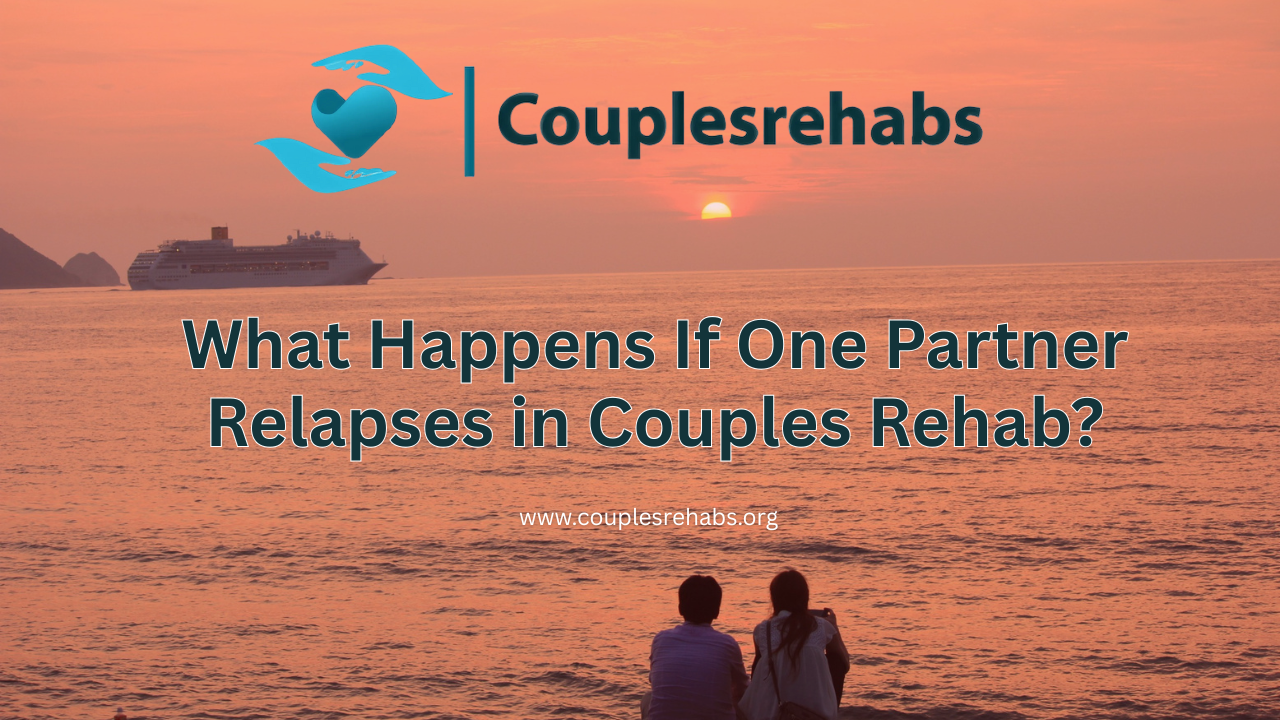
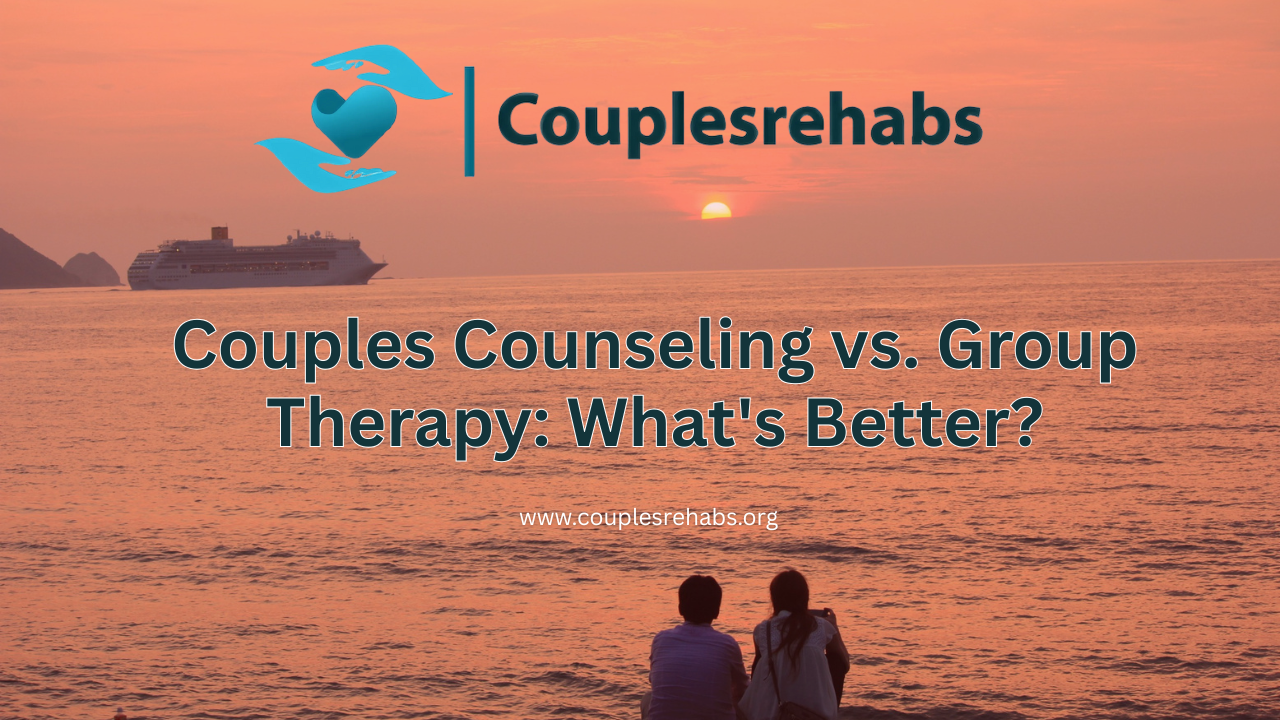
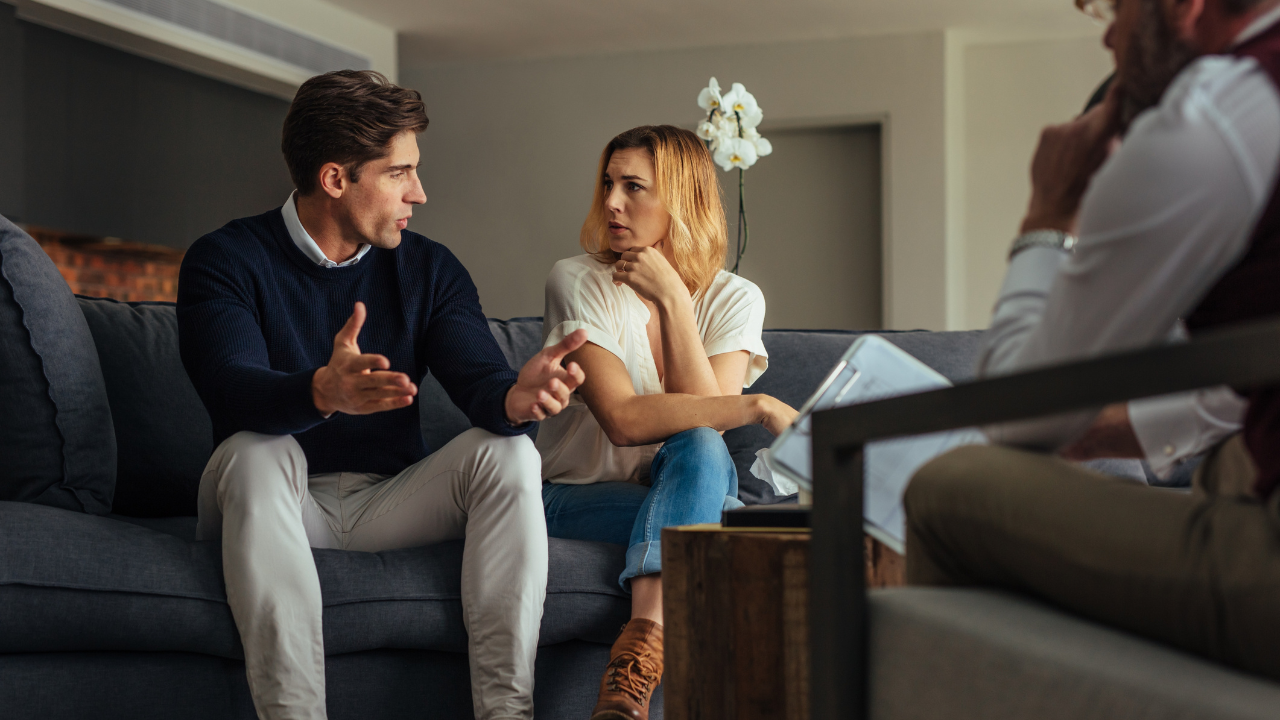


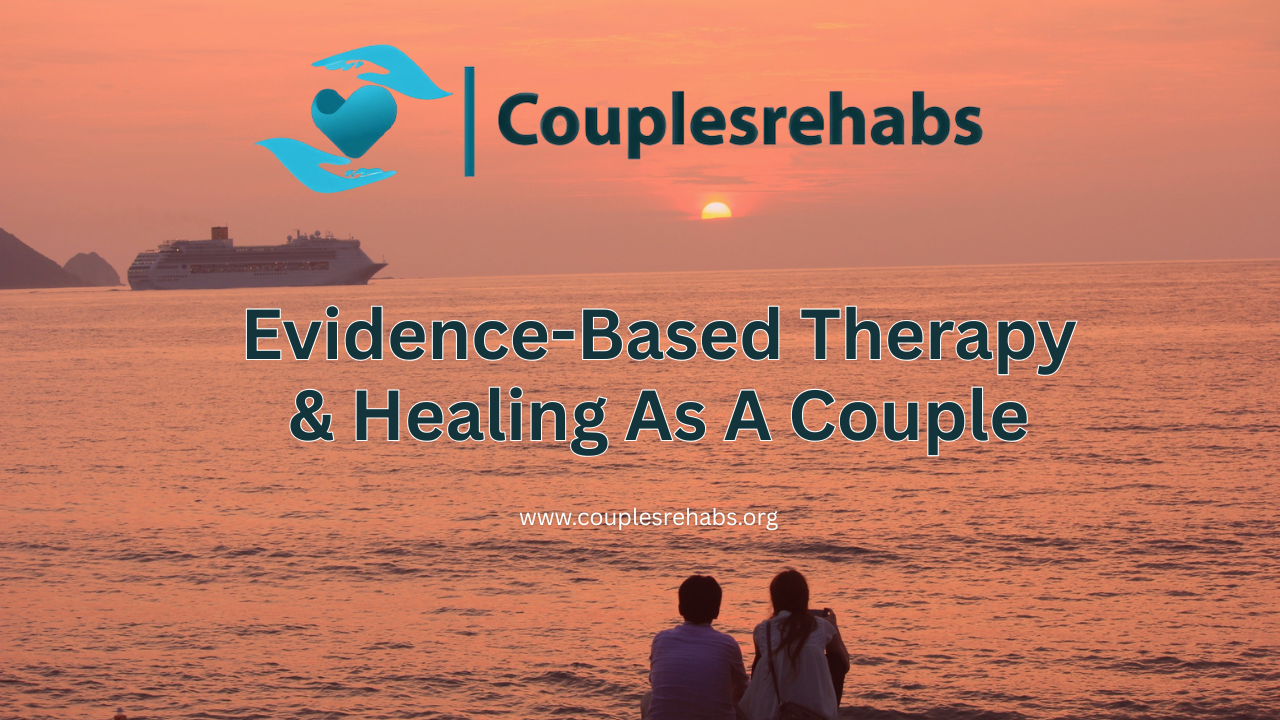

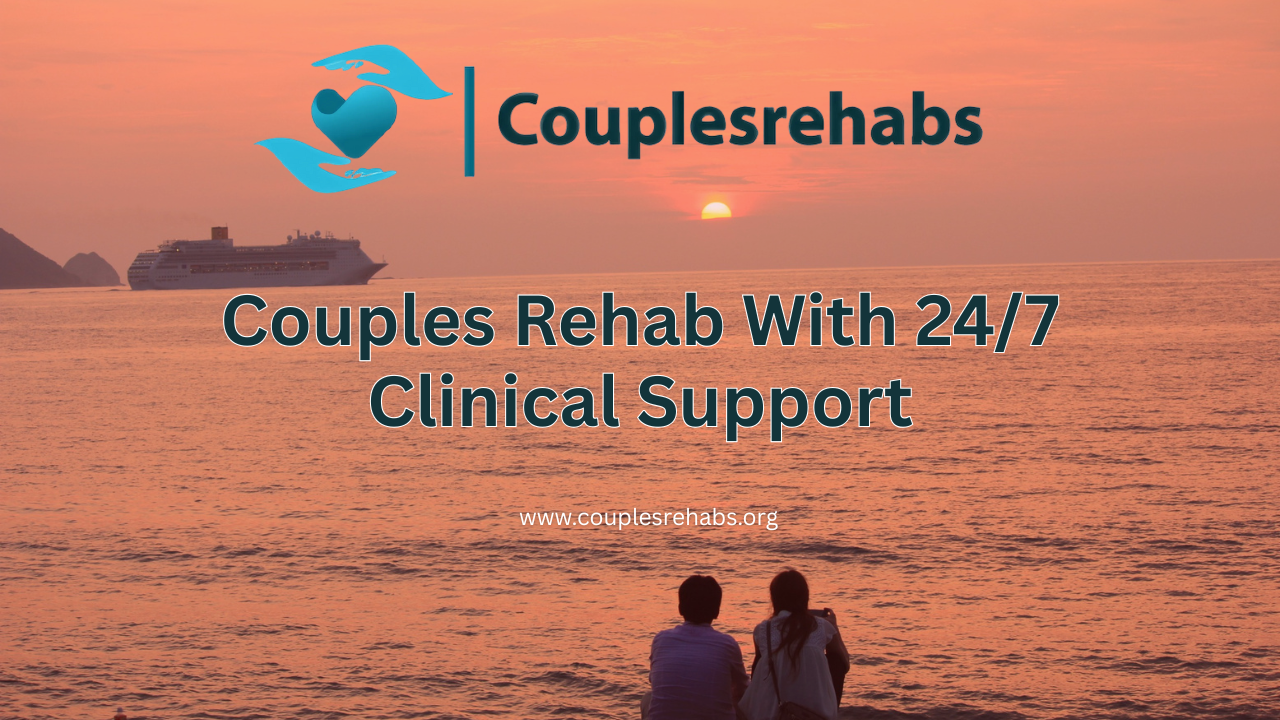
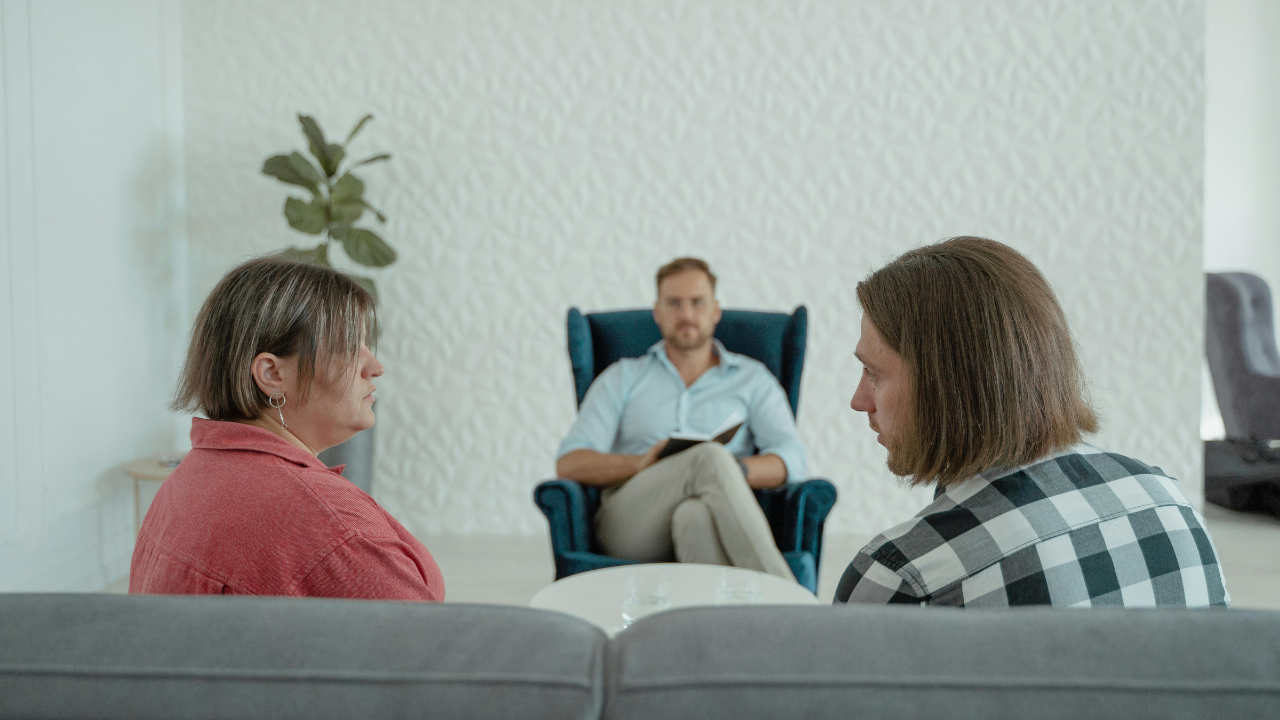

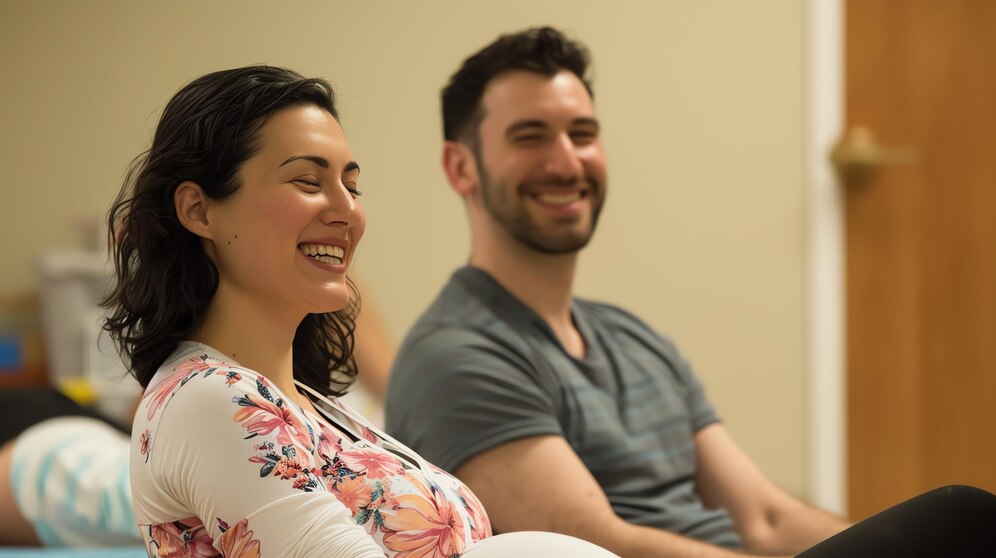





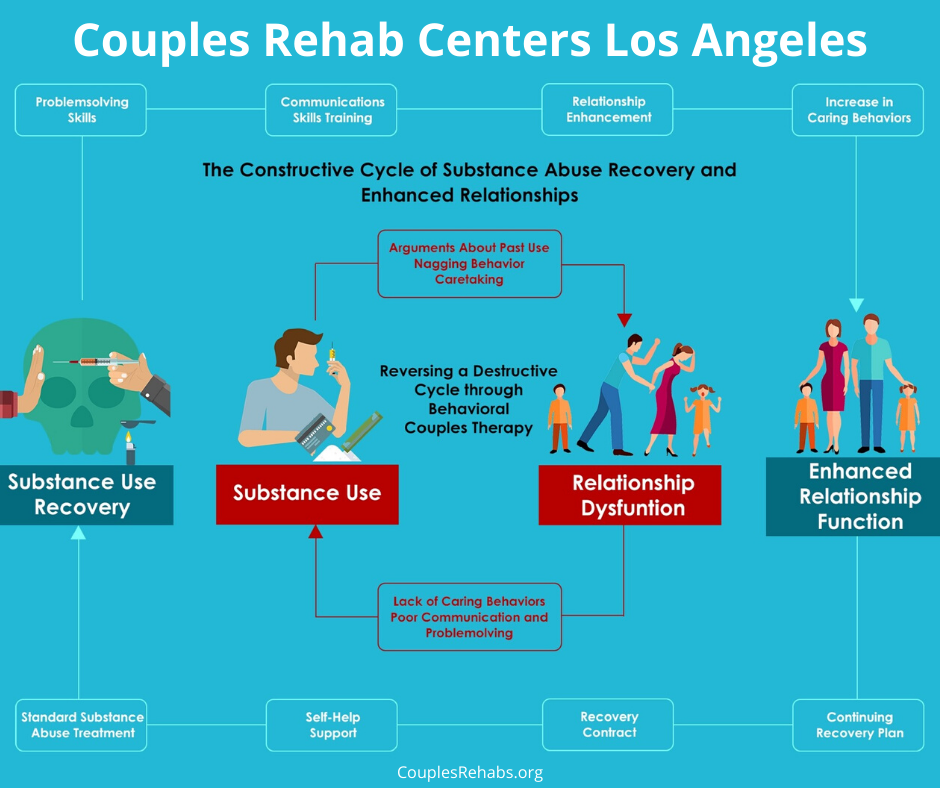



Recent Comments